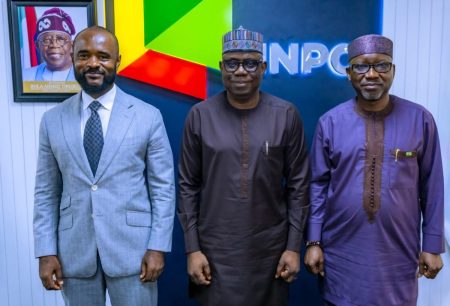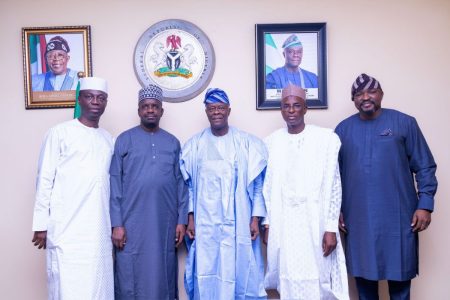
Oscarline Onwuemenyi
23 October 2015, Sweetcrude, Abuja – The Federal Government has announced plans to raise electricity tariff by as much as 40 percent for some customers next month on the back of falling local currency value and increasing costs of producing electricity in the country.
The Chairman of the Nigerian Electricity Regulatory Commission, NERC, Dr. Sam Amadi, who noted this in Abuja, yesterday, said the change in rates is expected to take place by mid-November.
He said, “We are working on the numbers and going through the processes.”
According to Amadi, some electricity tariff will increase five percent while others will see prices raised as much as 40 percent depending on the power provider and class of customer.
He added that, “The law provides for periodic price review when the cost profile changes.”
Last week, the Governor of the Central Bank of Nigeria (CBN), Godwin Emefiele stated that Nigerians must be prepared to pay more for electricity in order to enjoy continuous improvement in supply.
Emefiele noted that, “What we are saying, is, even if you have to pay a little more so that you can throw away your generator, pay a little more so that you can have more electricity, and I think it is worth it.
“These are some of the policies that the Nigerian Electricity Regulatory Commission (NERC) is putting in place to support what is called the ‘Cost Reflective Tariff.’ But I can assure everybody that whatever that cost reflective tariff turns out to be, it will still be substantially lower than the N80/kilowatt hour spent today on our generators.”
In 2013, the country dismantled its power monopoly and sold 15 state generation and distribution companies to private investors in an attempt to end the crippling electricity shortages.
Generated output has never risen above 5,000 megawatts, which is about a third of peak demand, while the state-owned transmission system can’t deliver any more than that before it starts breaking down.
Efforts to boost power supply have been hampered by factors including gas supply, foreign exchange and inflation, that have increased the cost of energy and infrastructure for the power companies, Amadi said.
A slump in crude prices in the past year has put pressure on the naira, forcing the Central Bank of Nigeria, which bailed out the power companies last year, to twice devalue the currency since November.
The inflation rate climbed to the highest in more than two years in September to 9.4 percent.
The government-set rates have hampered the distribution companies from paying their bills to the power plants.
Just before elections in March, the regulator banned them from charging consumers for losses caused by billing mistakes, effectively cutting the tariff by more than half in some areas.
This caused most of the distribution utilities to declare force majeure, saying they couldn’t pay for their power supply.
In June, NERC said it will approve higher prices for natural-gas supply to spur deliveries to power plants.
“If the electricity distribution companies have a good tariff they can pay for gas and they are happy to make more investments,” Amadi said.
The average electricity tariff for some of the companies is in the region of 27 naira per kilowatt-hour, he said.



